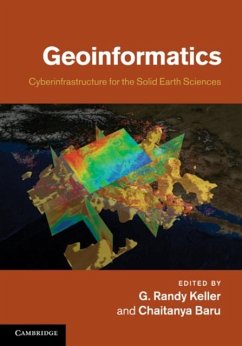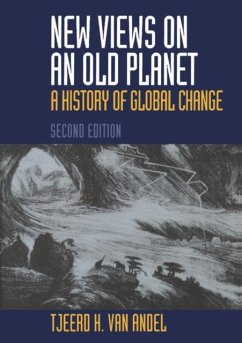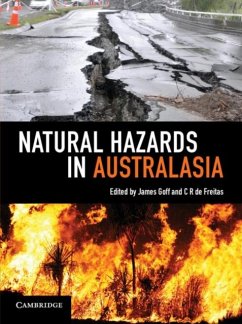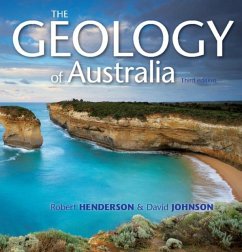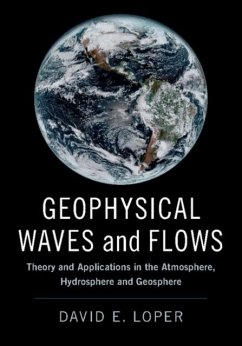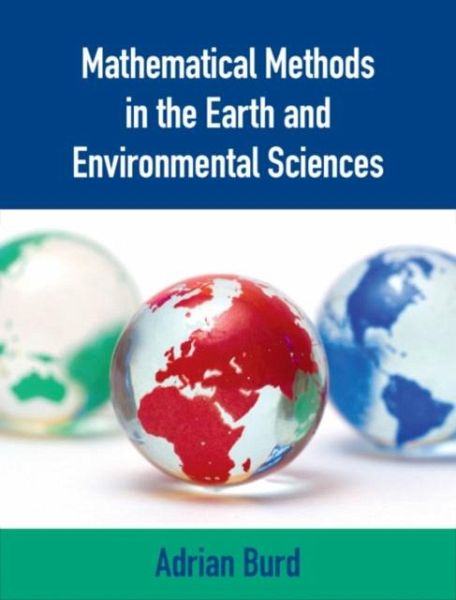
Mathematical Methods in the Earth and Environmental Sciences (eBook, PDF)
Versandkostenfrei!
Sofort per Download lieferbar
50,95 €
inkl. MwSt.
Weitere Ausgaben:

PAYBACK Punkte
25 °P sammeln!
The Earth and environmental sciences are becoming progressively more quantitative due to the increased use of mathematical models and new data analysis techniques. This accessible introduction presents an overview of the mathematical methods essential for understanding Earth processes, providing an invaluable resource for students and early career researchers who may have missed (or forgotten) the mathematics they need to succeed as scientists. Topics build gently from basic methods such as calculus to more advanced techniques including linear algebra and differential equations. The practical ...
The Earth and environmental sciences are becoming progressively more quantitative due to the increased use of mathematical models and new data analysis techniques. This accessible introduction presents an overview of the mathematical methods essential for understanding Earth processes, providing an invaluable resource for students and early career researchers who may have missed (or forgotten) the mathematics they need to succeed as scientists. Topics build gently from basic methods such as calculus to more advanced techniques including linear algebra and differential equations. The practical applications of the mathematical methods to a variety of topics are discussed, ranging from atmospheric science and oceanography to biogeochemistry and geophysics. Including over 530 exercises and end-of-chapter problems, as well as additional computer codes in Python and MATLAB(R), this book supports readers in applying appropriate analytical or computational methods to solving real research questions.
Dieser Download kann aus rechtlichen Gründen nur mit Rechnungsadresse in A, B, BG, CY, CZ, D, DK, EW, E, FIN, F, GR, HR, H, IRL, I, LT, L, LR, M, NL, PL, P, R, S, SLO, SK ausgeliefert werden.





